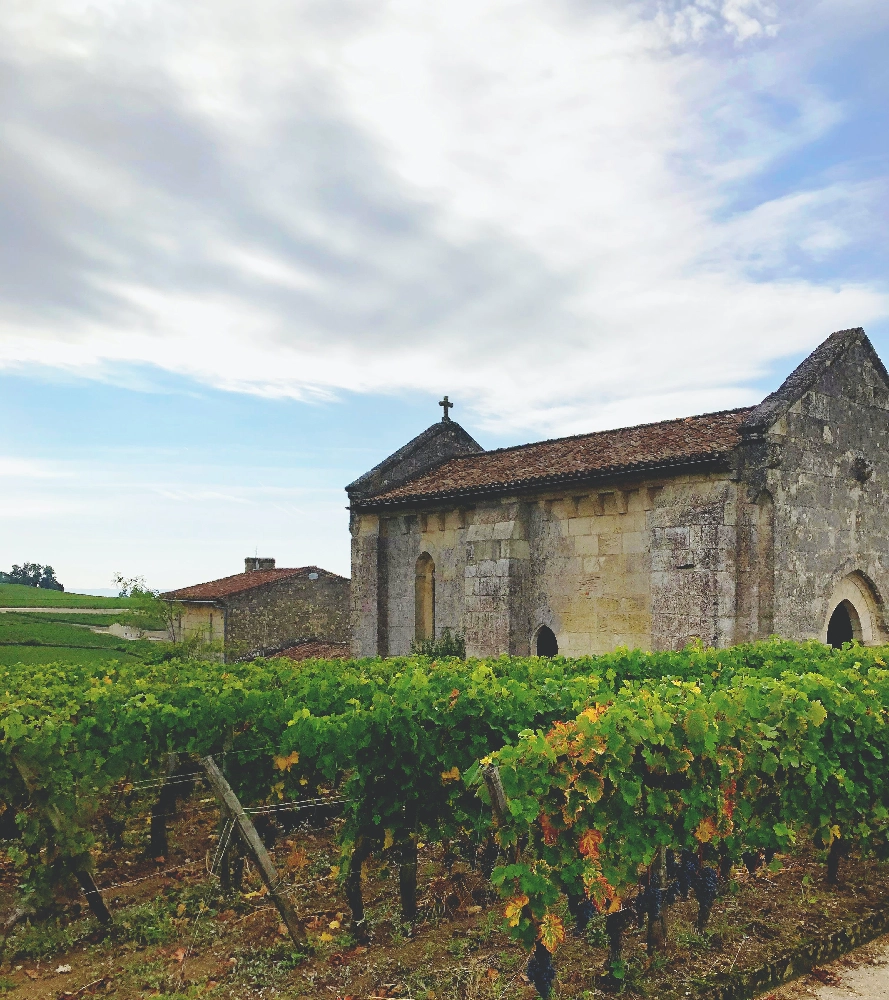
Flevoland Wineries & Wines Stats
Wineries
2
Wines
22
A New Terroir Rises: The Wine Legacy of Flevoland, the Netherlands
Introduction: Flevoland, located in the northern part of the Netherlands, is a unique and relatively new wine region that has emerged from reclaimed land. This historic review explores the significance of Flevoland's vineyards in the context of Dutch and global wine history.
Background: Before 1950, Flevoland was part of the North Sea. However, a massive engineering project transformed this area into dry land through the closure of the IJsselmeer dike in 1932 and the completion of the Afsluitdijk dam in 1957. This new land was then used for agriculture, including wine grape cultivation, which began in the late 1960s.
Wine Style and Grapes: Flevoland's vineyards are characterized by their continental climate and sandy-clay soils, producing wines with distinct flavors and aromas. The region's wine style is predominantly white, featuring grape varieties such as Riesling, Pinot Gris, Chardonnay, and Cabernet Blanc. However, red and rosé wines are also being produced from varieties like Pinot Noir, Merlot, and Dornfelder.
Historical Significance: The establishment of Flevoland as a wine region represents a significant historical milestone for the Netherlands. It marks the country's re-entry into the world of viticulture following the decline of its historic vineyards during the late 19th and early 20th centuries due to phylloxera infestations and other challenges. The revival of Dutch winemaking in Flevoland not only preserves a national heritage but also contributes to the diversity of European wine culture.
Food Pairings: The wines from Flevoland showcase unique character, making them ideal pairing partners for various dishes. The region's white wines complement seafood, poultry, and light cheeses due to their crisp acidity and fruity notes. Red wines, on the other hand, are well-suited to heartier fare such as red meats and game.
Related Wine Regions: Flevoland's winemaking practices and grape varieties share similarities with regions in neighboring countries like Germany, France, and Belgium. However, Flevoland's distinct terroir and Dutch heritage create a unique identity for its wines.
Conclusion: In conclusion, the emergence of Flevoland as a wine region carries historical significance for the Netherlands and global wine culture. This newfound terroir has not only allowed for the preservation of a national heritage but also contributed to the richness and diversity of European winemaking. With its unique climate, soils, and grape varieties, Flevoland's wines continue to captivate wine enthusiasts and solidify the region's place in wine history.
